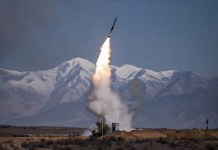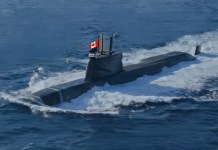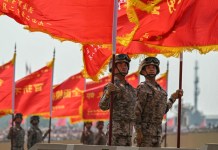Despite possessing some of the world’s most cutting-edge fighter jets, the Qatar Emiri Air Force (QEAF) was caught napping when Israel conducted precision strikes inside its territory.
The Israel Defense Forces (IDF) launched an airstrike in Doha on September 9, targeting senior Hamas leaders who had assembled in the Qatari capital to discuss a US-backed ceasefire proposal.
The attack took place in the West Bay Lagoon area in Doha, which is home to many foreign embassies, schools, supermarkets, and compounds.
The Israeli operation, named “Summit of Fire,” reportedly involved about 15 Israeli jets that fired 10 precision missiles on a single compound. These strikes killed six individuals, including five Hamas members and a Qatari security officer. Hamas later claimed that its leadership had survived the attack.
While there is currently no information about how the strikes took place and what weapons were used, Israel is believed to have planned the attack for months and probably used the F-15, F-16, and the F-35-I stealth fighter that struck the targets with pinpoint accuracy.
It is pertinent to note that Israel was able to launch this attack even though Qatar boasts a very advanced air force that is composed of cutting-edge fighter jets and air defense systems sourced from reliable partners.
Qatar went on a major arms shopping spree after finding itself “outgunned” against Saudi Arabia during the 2017 blockade, and ordered 96 4.5-generation fighters, including the F-15QA, the Eurofighter Typhoon, and Rafale.
Currently, the QEAF operates approximately 36 American F-15QA (Qatar Advanced) fighter jets, 36 combat-hardened Rafale fighters that have demonstrated exceptional combat performance across various theatres, 24 Eurofighter Typhoons, and over a dozen Mirage 2000 that remain highly capable despite their age.
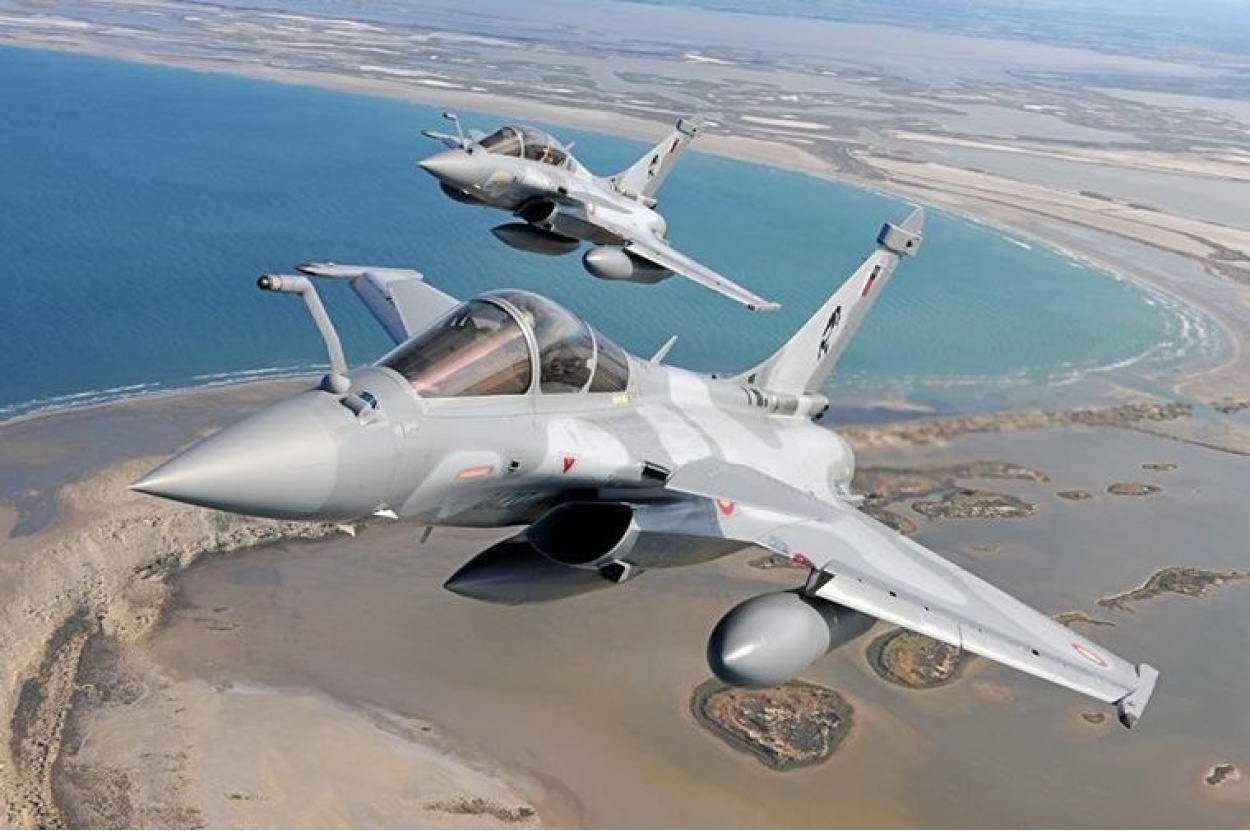
Besides combat aircraft, the Gulf country operates some of the most venerated missile defense systems in the world, such as the Patriot, NASAMS, AN/FPS-132 Block 5 Upgraded Early Warning Radar (UEWR) that was acquired from the US, and SAMP/T bought from France.
However, the multi-billion-dollar air force failed to thwart Israeli missiles.
First Iran, Now Israel
This is the first time that Qatar has been attacked by Israel, and a second time by another regional power in just over three months.
In June 2025, Iran fired a salvo of ballistic missiles at the sprawling US Al Udeid base in Qatar, as retaliation for the US bomber strikes on its nuclear facilities. Bearing the brunt of the unilateral US military action in Tehran, the Qatari forces coordinated with their US counterparts to shoot down incoming Iranian projectiles.
There has been a key difference in both these attacks.
The limited and mostly symbolic Iranian missile attack on Al-Udeid was successfully intercepted by American Patriot and Qatari batteries. Later, the Qatar Air Force deployed the Apache helicopter and the F-15QA to keep an eye out for potential drone attacks.
In contrast, the Qatar Air Force was caught unaware when Israeli fighter jets attacked Doha. Qatari officials said that they found out about the attack after explosions took place. This means that by the time they could make sense of what had happened, it was too late for the QEAF fighters to respond.
The strikes triggered a host of theories. Initially, some observers noted that Qatar and US forces on Qatar territory both possess advanced missile defense systems, which would have alerted them to an impending missile attack. This raises questions about why the QEAF did not attempt to intercept missiles from an unknown source.
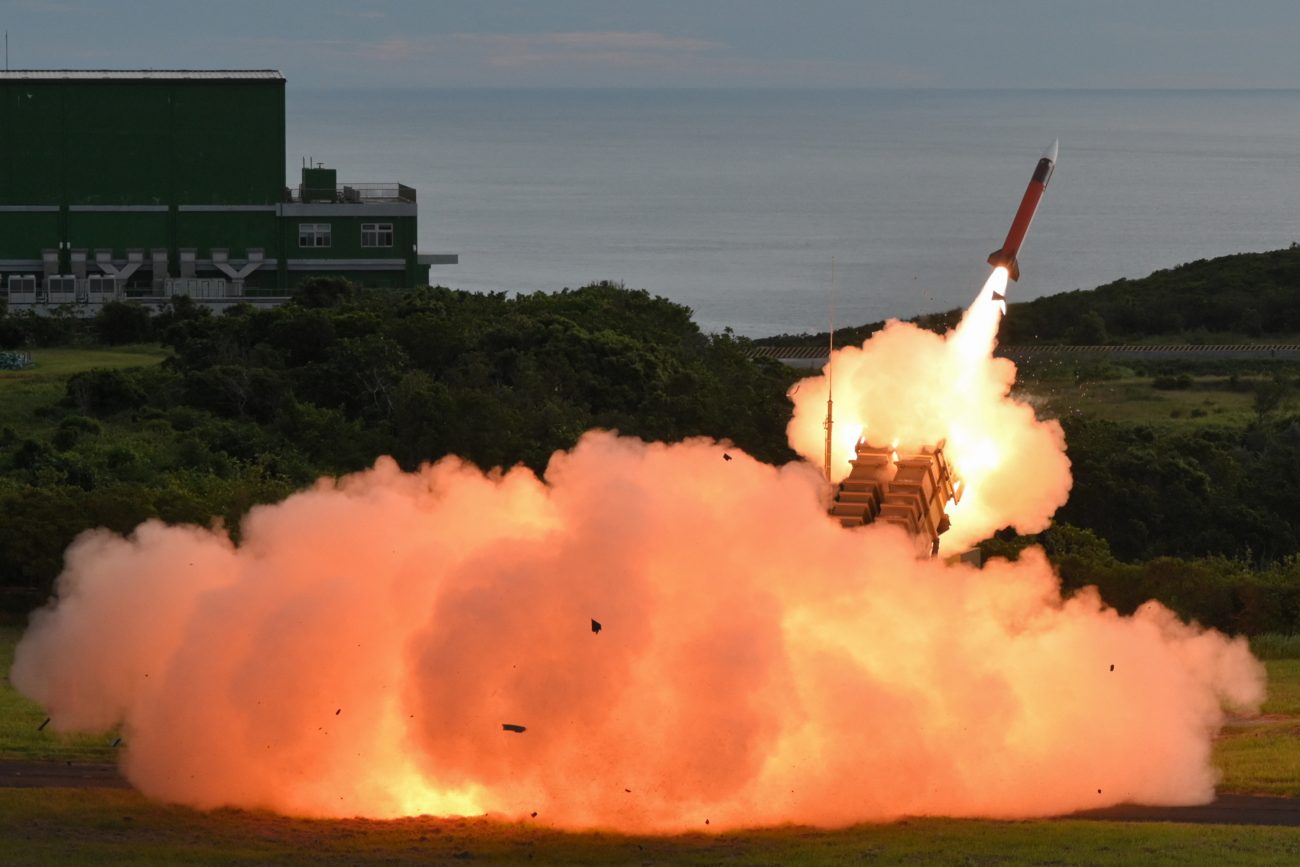
However, Qatar’s Prime Minister Sheikh Mohammed bin Abdulrahman Al Thani has said that the Israeli weapons went undetected by radar.
If that is true, the jets likely came through Iraqi or Syrian routes, leaving no room for early detection. The IDF then probably launched stand-off munitions such as air-launched ballistic missiles or glide bombs. These weapons typically travel at high speeds and low altitudes, evading detection until impact, and there is a tiny possibility that they managed to bypass Qatari air defenses.
Some analysts have speculated that it is likely that the Qatar air defenses were unable to detect the stealthy Israeli F-35I, which launched the precision attacks.
Additionally, the theory that Qatar’s radar feeds were jammed or spoofed by the IDF in real-time, blinding its command-and-control (C2) systems, has also caused a stir.
According to Axios news report, the US military saw Israeli jets heading east toward the Persian Gulf but was unable to intervene quickly. “The US sought clarification, but by the time Israel provided it, missiles were already in the air,” it reported, citing three US officials.
However, the US notification to Qatar about the attack came only after the explosions were heard, as per Foreign Ministry spokesman Majed Al Ansari.
The attack, referred to as a mystery, has also triggered speculations that the US was complicit in the attack. For instance, the Iranian press took a dig at the Qatar military, asking why “with many air defense systems present”…the U.S. hadn’t “fired a single shot to defend Qatar against the Israeli invasion.”
Several analysts and media reports have remarked that gifting a Presidential jet to US President Donald Trump and working shoulder-to-shoulder with US forces during Iranian retaliation in June could not save Doha from an Israeli strike.
“The sense of shock and betrayal” is palpable in the Qatari capital, stated a CNN report.
Meanwhile, some others have already started predicting that the attack could drive a shift in strategic alignments and encourage Doha to diversify its arms sales.
The Aftermath
On the day of the attack, the local footage captured from the streets showed explosions rocking the usually serene capital. After the explosions, smoke plumes were visible for hours. The satellite imagery obtained by the media now shows destruction in a compound of five buildings, with a collapsed structure and debris scattered across the site.
No broader infrastructure damage was reported, but the area required clearance of explosives by the Qatari forces.
Pre and post strike satellite imagery of the Israeli airstrike in #Doha, #Qatar from Planet Labs PBC pic.twitter.com/3fSf5fJX87
— Chris Partridge (@Chris1603) September 10, 2025
The Israeli Prime Minister Benjamin Netanyahu shortly owned the attack, saying, “Israel initiated it, Israel conducted it, and Israel takes full responsibility.”
Qatar condemned the strike as “state terrorism” and “cowardly,” calling it a “blatant violation of sovereignty.”
Qatari Prime Minister Sheikh Mohammed bin Abdulrahman al-Thani accused Israel of undermining peace efforts and wasting Qatar’s mediation time in a CNN interview. “This attack killed any hope for hostages in Gaza,” he said, referring to the ceasefire talks.
Qatari PM Sheikh Mohammed bin Abdulrahman Al Thani: The Missile Attack against Qatar by the “Israeli Enemy” Constitutes State-Sponsored Terrorism; the U.S. Reported the Attack to Us 10 Minutes after It Happened pic.twitter.com/Uqlx2XlSy6
— MEMRI (@MEMRIReports) September 11, 2025
Qatar has since formed a legal team to explore responses, including potential economic pressure on Israel. Experts believe that it could leverage energy ties against Israel as it is the world’s top LNG exporter. Additionally, it has also reportedly called for a “collective response,” with a summit planned in Doha.
With this strike, Qatar has joined a list of countries, including Gaza, Lebanon, Syria, Iran, and Yemen, that have been bombed by Israel since October 2023. This has triggered fears among regional powers about a threat posed by Israel’s military action and the impunity accorded to it by the United States.
The US President distanced himself from the attack and said he was very unhappy about the attack, whereas the White House said, “Unilaterally bombing inside Qatar, a sovereign nation and close ally… does not advance Israel or America’s goals. However, eliminating Hamas, which has profited from the misery of those living in Gaza, is a worthy goal.”
However, the Israeli Prime Minister Netanyahu showed no remorse when he said, “I say to Qatar and all nations who harbor terrorists, you either expel them or you bring them to justice. Because if you don’t, we will.”
- Contact the author at sakshi.tiwari9555 (at) gmail.com
- Follow EurAsian Times on Google News

